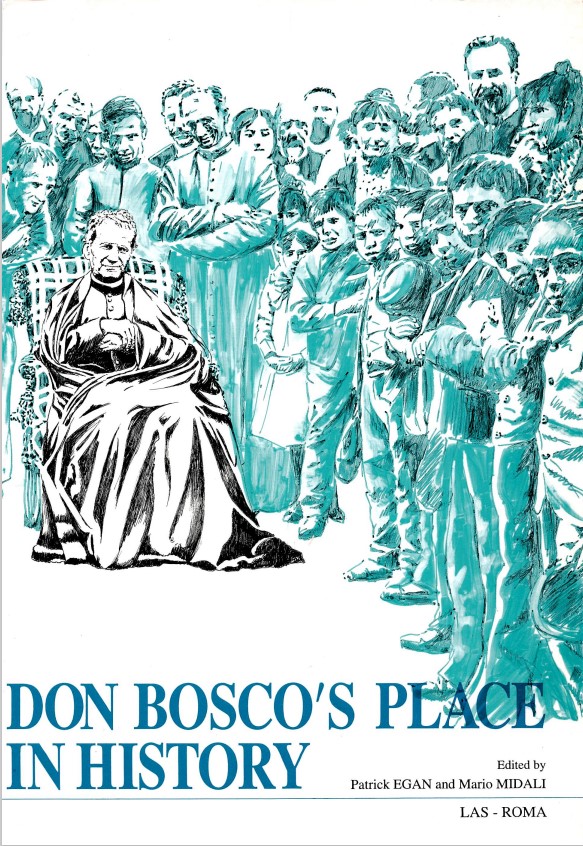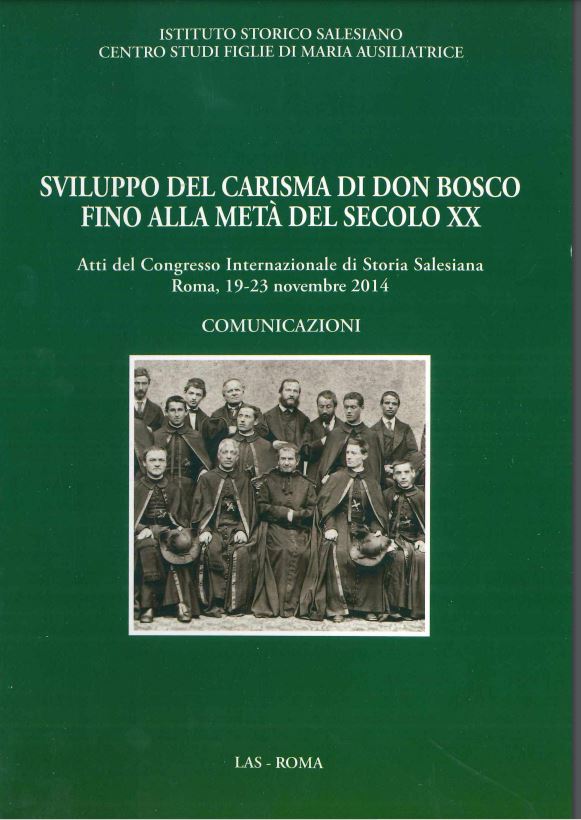In certe zone d’Italia, le ragazze orfane o trovatelle, ospitate negli istituti di carità pubblica venivano in passato chiamate popolarmente le “pericolanti”. Era naturalmente un termine brutalmente lesivo della dignità di quelle poverette che, a così caro prezzo, venivano mantenute. Questo anche a prescindere dal fatto che il termine rispondesse o meno alla realtà.
Don Bosco, pur usando raramente, e magari senza un significato così crudo, la stessa parola, presentava spesso ai suoi benefattori, nel chiedere il loro sostegno materiale alla sua opera, un quadro abbastanza simile dei ragazzi da lui ospitati.
Continue reading “Guido Gatti – Dall’osservanza della legge alla crescita: lettura etica della “Vita”. Domenico Savio raccontato da don Bosco: riflessioni sulla Vita. Atti del Simposio” →



